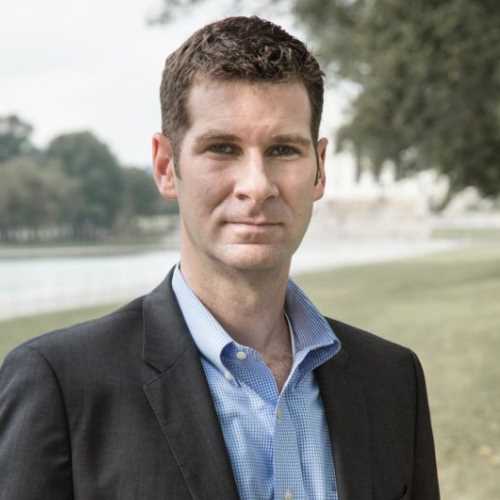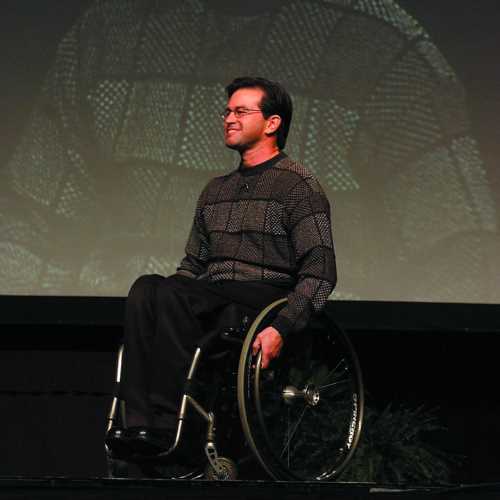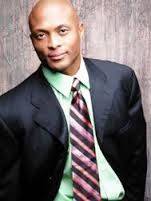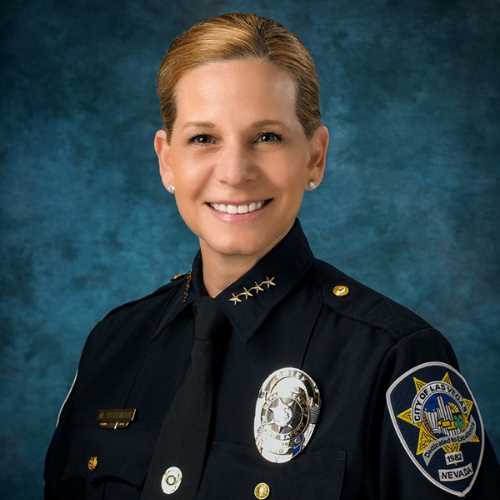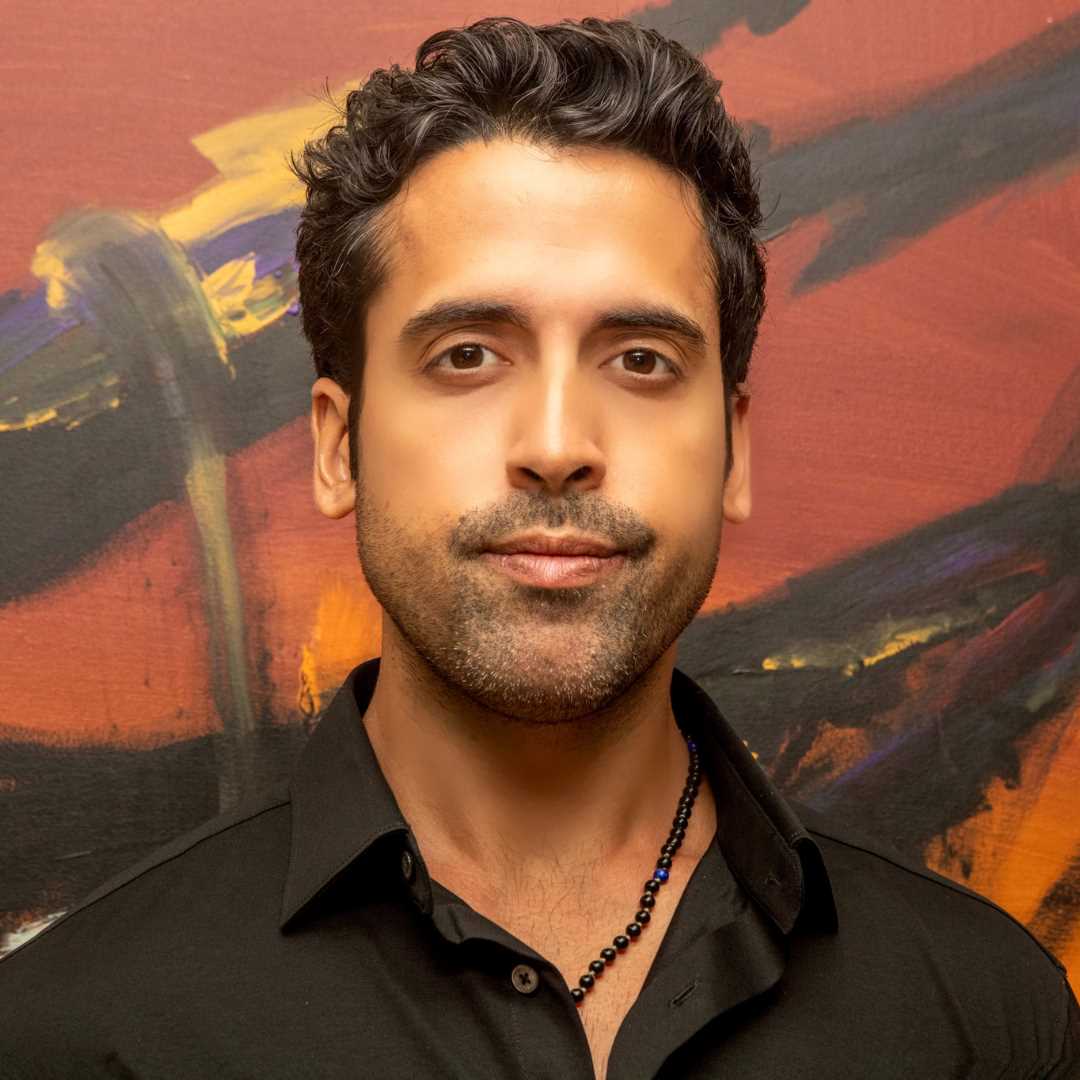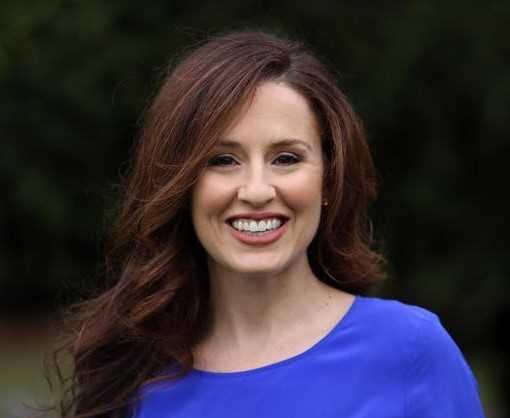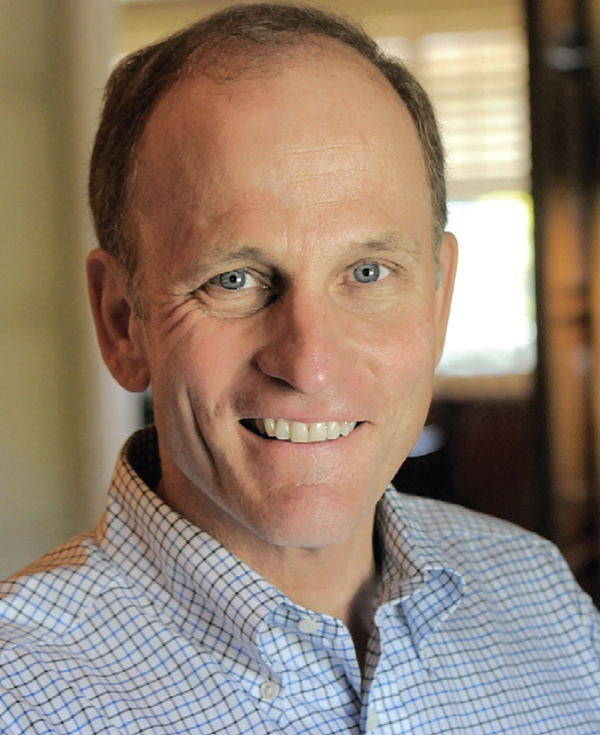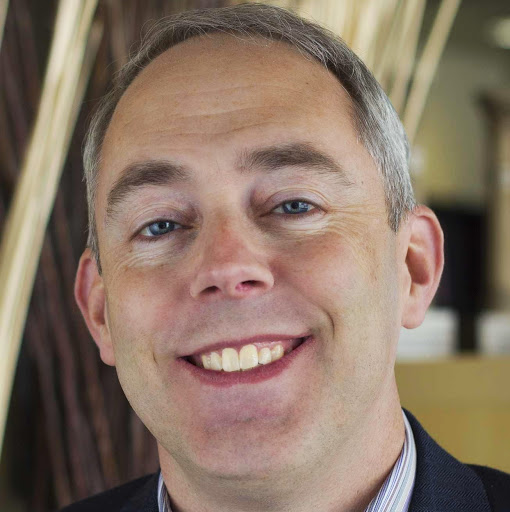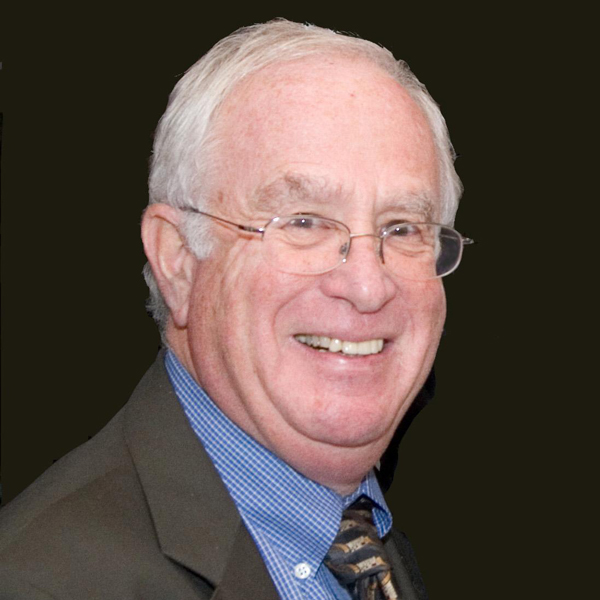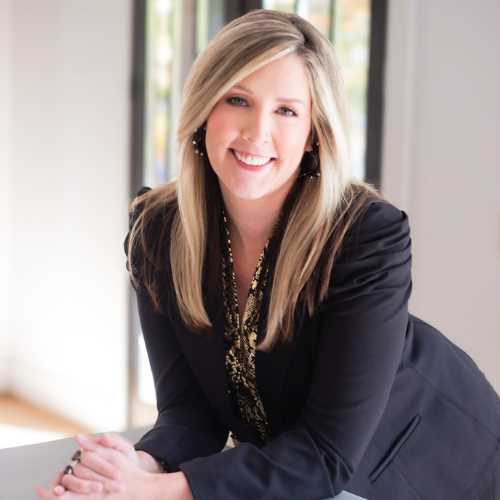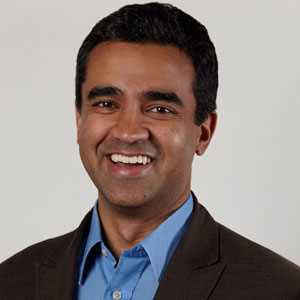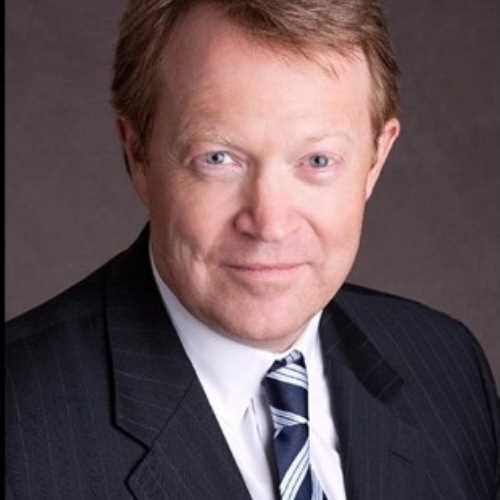
Erik Peterson
- Partner and Managing Director of A.T. Kearney’s Global Business Policy Council & Senior Advisor at the Center for Strategic and International Studies (CSIS)
Travels From
Virginia
No videos found.
Erik Peterson Speaker Biography
Erik R. Peterson has devoted more than two decades to assessing long-range global trends and determining what they mean to leaders in government, business, and civil society. He has provided riveting presentations in more than 40 countries about the current and future implications of sweeping change for organizations across the board.
A Unique Perspective. Peterson’s current point of departure is that we have reached a seminal point in history at which developments in geopolitics, economics, technology, population, resource management and the environment, and society have all reached inflexion points. Changes in any one of the areas would be important, but he maintains that we are likely to see profound and disruptive transformations in several of them simultaneously. The result is a highly complex mix of opportunities and risks that will serve to magnify greatly the challenges to leaders. For audiences across diverse sectors and cultures, Peterson untangles these complex trends and examines the real-world implications—present and future—of accelerating change and abbreviated timeframes for decision-making.
Ubiquitous Challenge. In his presentations, Peterson challenges audiences to take a “commanding heights” view of the macro drivers of global change and then explore how they translate into immediate opportunities and risks. “The opportunity for leaders,” he says, “is to inform strategy and tactics with a sharp understanding of the broader strategic context.”
Anticipating and Preparing for Growing Disruption. As a partner and managing director of A.T. Kearney’s Global Business Policy Council, Peterson advises the world’s top CEOs and business-minded thought leaders. His work focuses on approaches and solutions to some of the world’s most pressing issues. Prior to joining A.T. Kearney, he served as senior vice president at the Center for Strategic and International Studies (CSIS) and as director of research at Kissinger Associates.
Looking at the Future Today. The author of numerous publications, Peterson is now completing a book on global strategic trends and their impact on global business-from the changing nature of production in the Fourth Industrial Revolution to new forces shaping supply chain management to emerging challenges to labor to policy and regulatory variables. His recent writings have focused on foreign investment trends, the attitudes of business leaders around the world, how cities are rising to the challenge of changing circumstances, the impact of Brexit, shifts in global supply chain management, the global economic outlook, and global trends. Peterson was a part of A.T. Kearney’s recent work with the World Economic Forum on the Future of Production, which assessed the impact of take-off technologies including artificial intelligence (AI), the Internet of Things, advanced robotics, 3D printing, and augmented reality.
Extensive Bona Fides. Peterson currently serves on the board of A.T. Kearney’s recently established Energy Transition Institute, a non-profit group with the mandate of providing decision-makers with strategic recommendations based on objective research combining deep technology expertise with business acumen and foresight. He has also served on several advisory boards and judging panels, including the Center for Global Business Studies at Pennsylvania State University, the Center for the Study of the Presidency and Congress, and the Gerald R. Ford Foundation prize in national security reporting. In past years, Peterson was a fellow of the World Economic Forum and a member of the Forum’s Global Risk Network. Peterson received his MBA from the Wharton School at the University of Pennsylvania, his MA from the Johns Hopkins University School of Advanced International Studies (SAIS), and his BA from Colby College. He holds the Certificate of Eastern European Studies from the University of Fribourg (Switzerland) and the Certificate in International Legal Studies from The Hague Academy of International Law (The Netherlands). Most recently, he received a certificate in scenario-based planning from the Said School at Oxford University.
The Changing Nature of Production
An up-close and personal view of how tech advances will disrupt the business environment—and what companies and industries must do to pre-position themselves for the sweeping changes ahead. Peterson focuses on what he calls the “5+2” horizon—five key technologies underpinning production (AI, IoT, robotics, 3D printing, and augmented reality) and two closely-related tech areas (nanotechnology and biotechnology). By plotting the state of play in these areas and then mapping what could happen next, he sketches a Fourth Industrial Revolution world in which many current business assumptions simply no longer apply.
Global Reset
Have we reached a new phase in global business? A quarter-century after the end of the Cold War and the onset of rapid globalization, there are new and fundamental questions on whether the global economy will “snap back” or whether we will see a return of protectionism and regionalism. What does it all mean for business? Many of the world’s largest corporations are pursuing localization strategies in the light of uncertainties. Former GE CEO, Jeff Immelt, observed that the core issues that propelled him to the top of GE—innovation, productivity and globalization—no longer count in the current environment. What, then, should companies do? Peterson lays out the options, starting with addressing an operating environment marked by a higher barrier to trade and capital flows.
The Future of the Global Economy: Four Scenarios
The uncertainties that surround the global economic outlook are pronounced, ranging from the course of globalization to political variables to fundamental questions about productivity and innovation. Peterson dissects the main drivers and then lays out four plausible and compelling scenarios on the global economy – “Pegasus” (benign, vibrant), “Phoenix” (worse before better), “Sphinx” (tapering of markets; countries with debt overhangs denominated in dollars vulnerable to changing rates); and Hydra (Arab Spring turns into Arab Winter) – and how business leaders should plan and react to each.
The 10 Things Global Business Leaders Must Address
Based on his interaction with business leaders from across the planet, Erik lays out the 10 diverse issues shaping the future business environment. A mix of both opportunities and challenges, these forces will mean the difference between winners and losers in a world of ever more competitive change.

